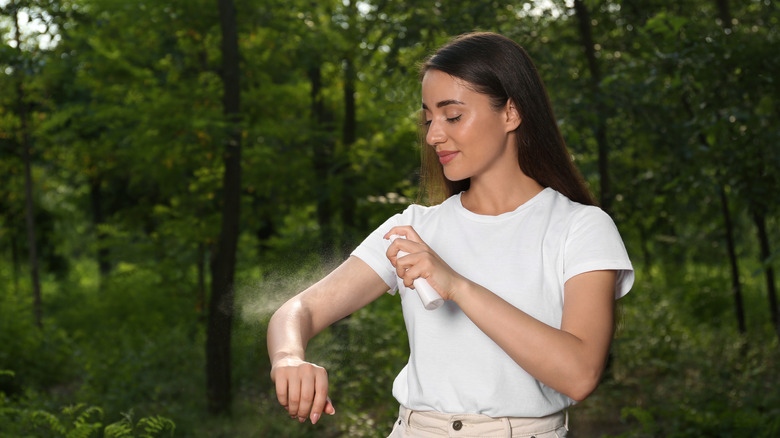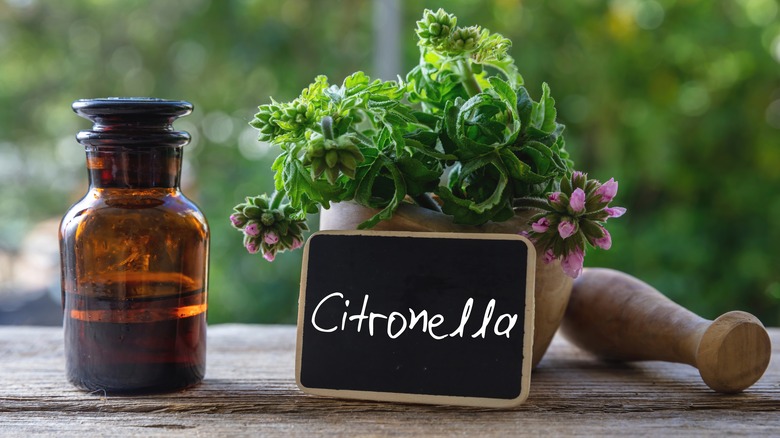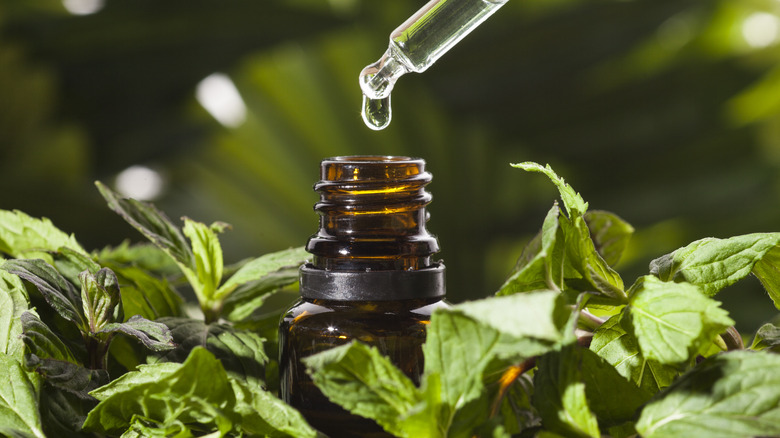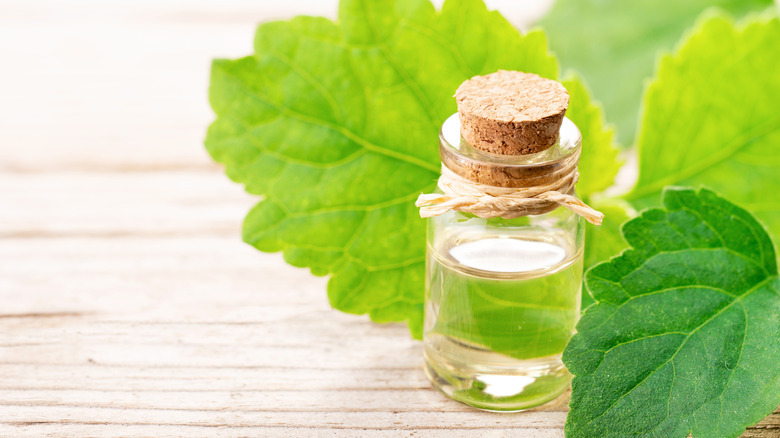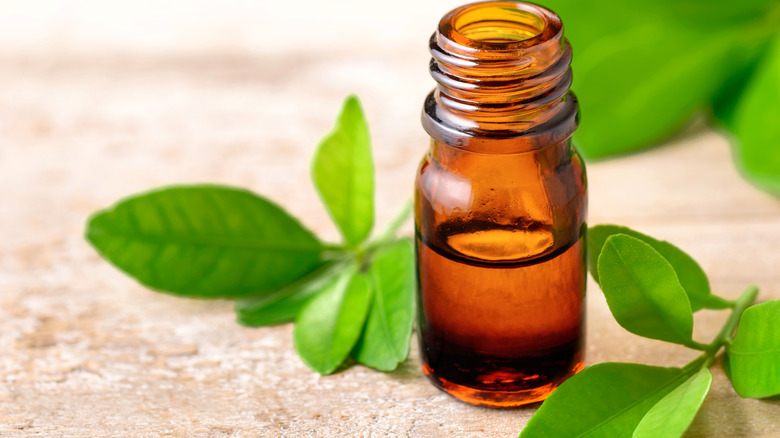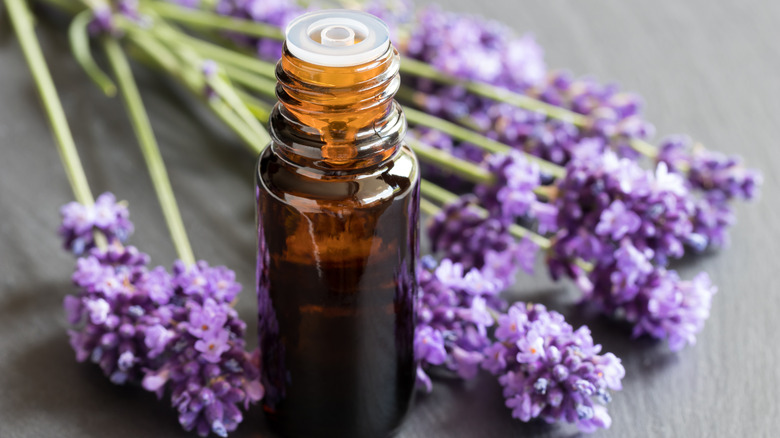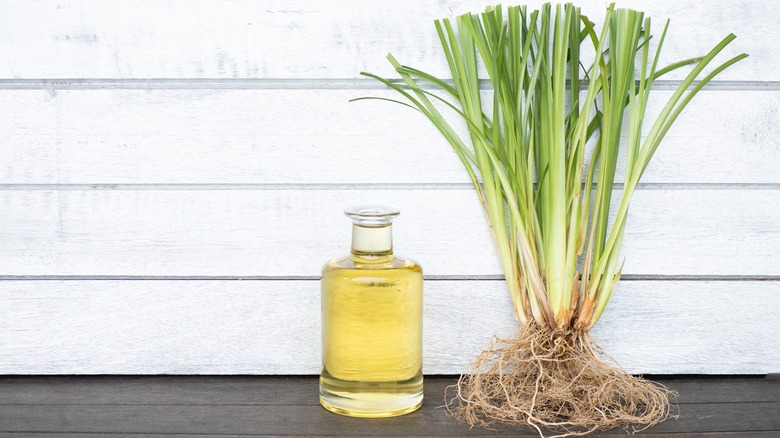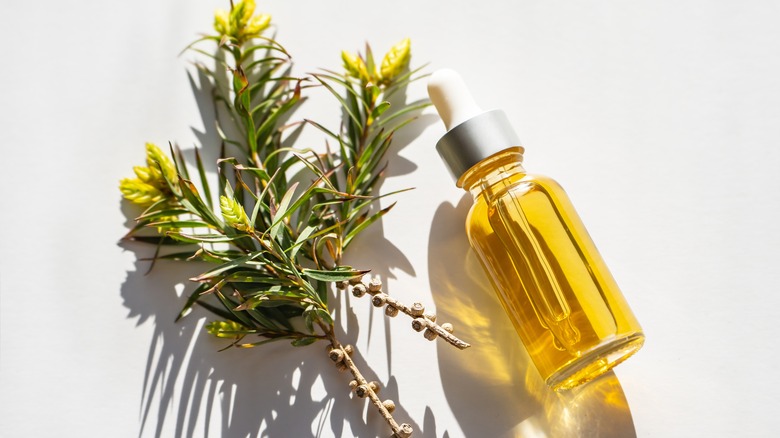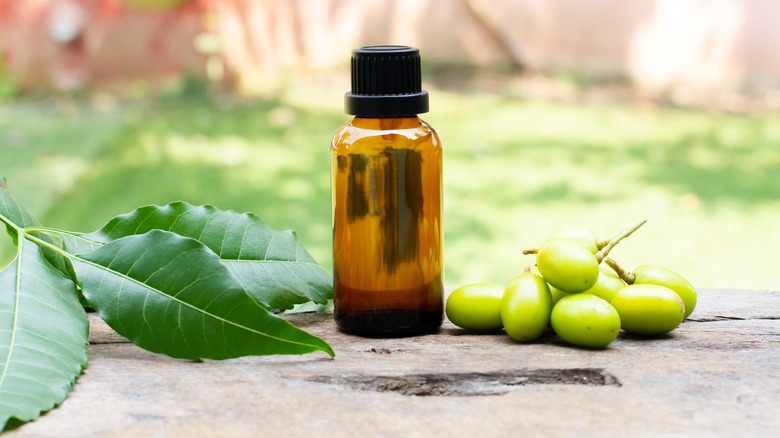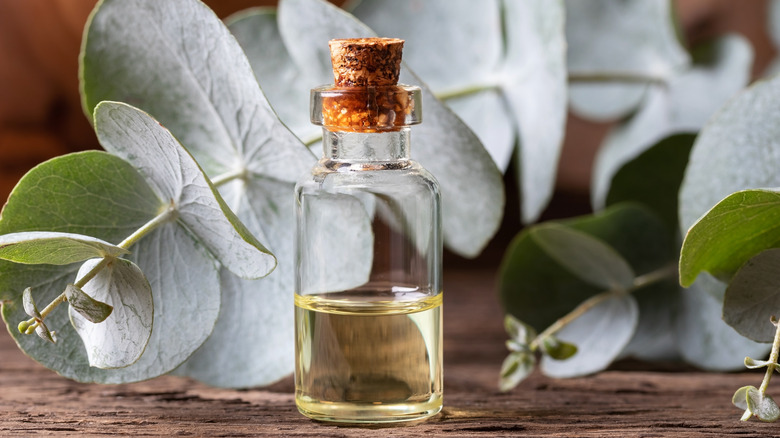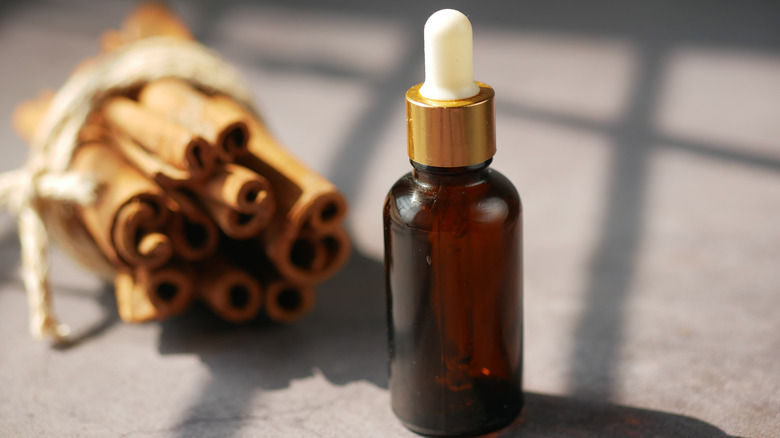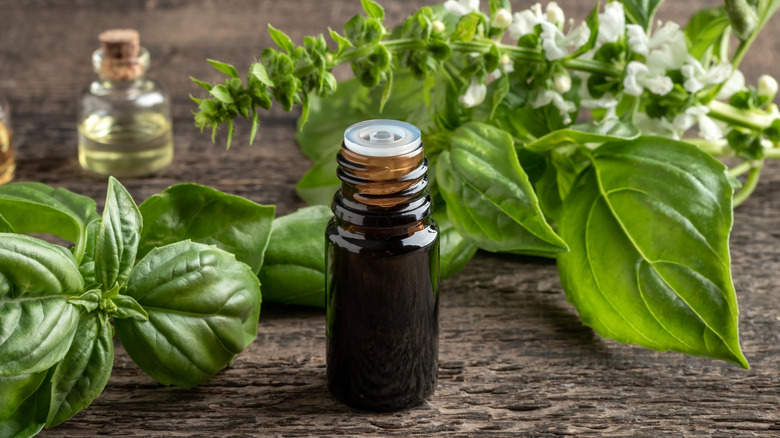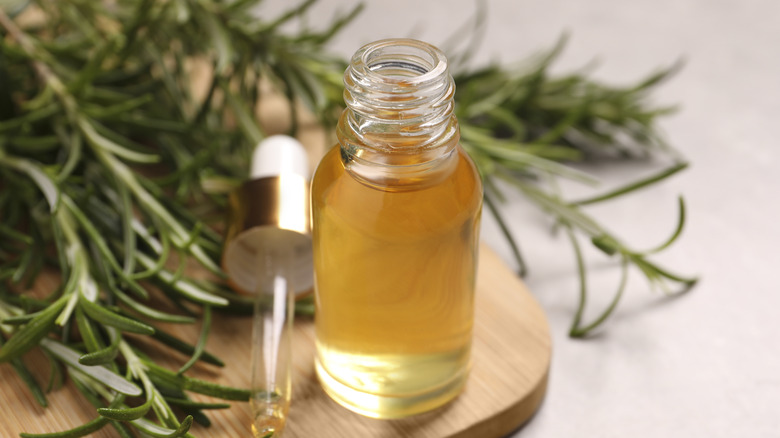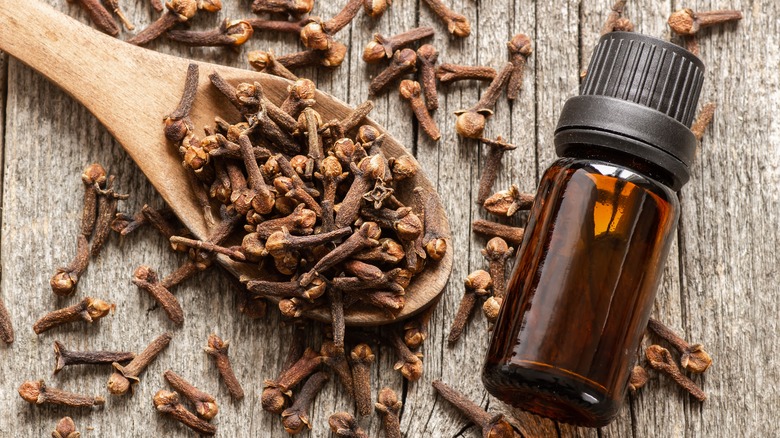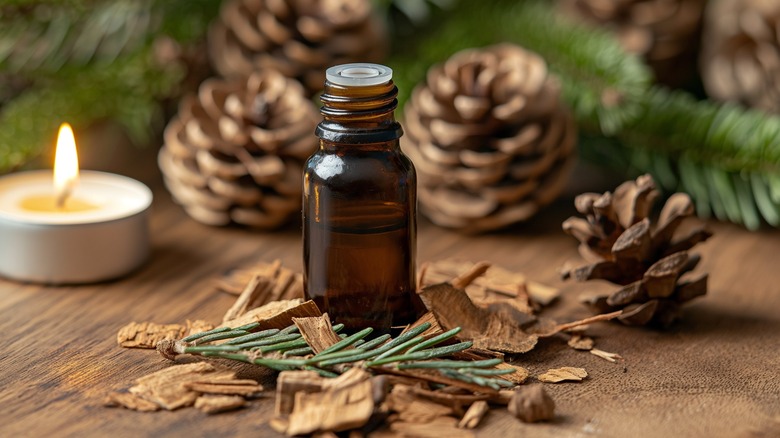14 Common Essential Oils People Use To Repel Mosquitoes (& Do They Actually Work?)
Without adequate protection, mosquitoes can quickly put a damper on a beautiful summer day. Mosquitoes are not only a nuisance, but some species transmit diseases that can be harmful to both humans and animals. Instead of covering yourself in store-bought bug spray all season long, you can go the natural route by creating a DIY mosquito repellent with essential oils. Extensive research has been done on the efficacy of certain essential oils in repelling mosquitoes, and some of them are more effective than others.
To help you choose an effective natural alternative, we are breaking down the 14 most commonly used essential oils for repelling mosquitoes, from citronella to eucalyptus to cedarwood, and diving into how well they really work. Research shows that some of these essential oils also provide protection from other pesky insects, such as fleas and ticks. You may want to have these natural remedies on hand for your next adventure in the great outdoors.
Citronella
When it comes to mosquito-repelling essential oils, citronella may be one of the first that comes to mind. Research shows that citronella is effective at deterring mosquitoes, but there's a catch. A 2018 study in BioMed Research International found that citronella does have significant repellent effects, but it dissipates quickly and should be reapplied every 20 to 60 minutes. Another study published in 2011 in Tropical Medicine & International Health discovered that citronella-based mosquito repellent is not as effective as DEET. Still, when combined with the organic compound vanillin, it could protect against bites for up to three hours.
Peppermint
Mint leaves are said to be a mosquito-fighting secret weapon, but could a few drops of peppermint oil be just as effective? One 2011 study in the Asian Pacific Journal of Tropical Biomedicine discovered that peppermint oil, which was extracted from mint leaves through a steam distillation process, was highly successful at deterring Aedes aegypti mosquitoes. These mosquitoes are also known as yellow fever mosquitoes because they are carriers of diseases such as dengue virus, yellow fever, and Zika. In the study, peppermint oil protected the human volunteers for 150 minutes from these mosquitoes in particular.
Patchouli
Patchouli oil has long been used in traditional medicine to treat a wide variety of ailments, from cough and fevers to depression and anxiety. However, as a natural mosquito repellent, it doesn't appear to be the strongest contender. A study published in 2022 in the peer-reviewed journal Insects analyzed the efficacy of several essential oils in repelling mosquitoes. In this study, patchouli had much lower results than others. Patchouli had a median complete-protection time of 90 minutes. However, when combined with sage, patchouli provided protection from Anopheles dirus mosquitoes for 270 minutes.
Petitgrain
Derived from a bitter orange tree, petitgrain is a popular essential oil used in aromatherapy. In the Insects study, it also had the highest complete protection time from yellow fever mosquitoes, lasting for 270 minutes. Petitgrain was also remarkably successful at repelling Culex quinquefasciatus mosquitoes, which are commonly found in the southern United States and are primarily active at night, with a repellency time of 360 minutes. The study noted that it was equally as effective as citronella. If you're wondering which essential oil to try out for yourself, you may want to start with petitgrain.
Lavender
Lavender is a powerhouse in the world of essential oils. It has been used widely for centuries for its therapeutic benefits and medicinal properties. Research has shown that it may also be used to repel certain types of mosquitoes. A study published in Malaria Journal in 2019 tested the efficacy of lavender oil alongside other essential oils at repelling Anopheles mosquitoes, which are the carriers of malaria. Lavender was one of the essential oils that offered complete repellency for eight hours against different Anopheles mosquito species.
Vetiver
Vetiver essential oil is derived from Vetiver grass, a type of bunch grass that grows in tropical areas. It has a calming aroma that is used to relieve stress and improve concentration. Studies have found that vetiver essential oil can be effective at deterring insects such as termites, beetles, and even ticks. However, it may not be as reliable at repelling mosquitoes. The Insects study from 2022 found that vetiver had the lowest median complete-protection time of just 30 minutes. An Insects study published in 2023 said vetiver oil was more effective when combined with β-caryophyllene oxide.
Tea Tree
Tea tree oil, also known as Melaleuca oil, comes from the leaves of a tea tree that grows in Australia. It has antimicrobial and anti-inflammatory benefits, but its effects have not been widely studied. There is also not much research available about its mosquito-repelling abilities. However, one study in the Journal of the Philippine Dermatological Society published in 2005 compared tea tree oil and 7% DEET in deterring Aedes aegypti mosquitoes. In the experiment, 50% tea tree oil was found to be equally as effective as the DEET repellent at preventing mosquito bites for seven hours.
Neem
Neem essential oil is created from neem leaves, which have been used for ages in traditional medicine as a versatile herbal remedy. Neem oil is also a well-known natural pesticide and is a common ingredient in pesticide products. Neem oil was tested for its efficacy at repelling malaria-carrying mosquitoes in a village in Ethiopia. The study, published in the Malaria Journal in 2015, found that neem oil offered complete protection from Anopheles mosquitoes for three hours. A 2009 Malaria Journal study found that neem oil was effective at interrupting the breeding process of these mosquitoes.
Eucalyptus
Eucalyptus is among the most popular essential oils out there, and for good reason. It has been used for centuries to treat aches, pains, and illnesses of all kinds. Eucalyptus oil has also been tested for its efficacy as a natural pesticide and insect repellent. A study in the Iranian Journal of Public Health published in 2021 found that eucalyptus oil was 77.78% effective at repelling malaria vector mosquitoes. However, when combined with clove essential oil, the landing repellency increased to 94.44%, proving that the repelling effects were stronger when the two oils were combined.
Cinnamon
Can you deter mosquitoes with everyone's favorite fall spice? According to science, the answer is yes. In a Scientific Reports study published in 2023, 20 essential oils were tested for their ability to repel mosquitoes and ticks that transmit diseases. Of all the oils included in the experiment, cinnamon oil had the most promising results. When applied in a lotion formula, cinnamon oil protected participants from tick crossings and mosquito bites for the most extended amount of time. Further, cinnamon oil was the best-performing product in each of the tests that were conducted.
Sweet Basil
Sweet basil is loved by essential oil enthusiasts for its pleasant, stress-relieving aroma. Research has also shown that basil oil can be used to repel mosquitoes. A study in IOP Conference Series: Earth and Environmental Science published in 2022 found that sweet basil essential oil offered very strong protection against malaria-carrying mosquitoes within the first hour of application. According to the study, sweet basil oil at 25% concentration offers up to six hours of protection. The 2022 Insects study also found basil oil to be highly effective, offering 180 minutes of protection.
Rosemary
Rosemary is a herb that offers many benefits, such as adding flavor to cooking, reducing inflammation, improving sleep, and even stimulating hair growth. Scientific tests have also examined its ability to repel mosquitoes. In a 2020 study published in the Journal of Physics: Conference Series, rosemary essential oil provided significant protection from Aedes aegypti mosquitoes. Participants treated with rosemary oil at 24% concentration were protected for four hours at a rate of 92.15%. A 2011 study in the Asian Pacific Journal of Tropical Medicine found rosemary oil effective against a mosquito species that transmits Japanese encephalitis.
Clove
Clove essential oil is extracted from the aromatic flowers of a clove plant. It treats various ailments, such as tooth pain and gastrointestinal issues. Multiple studies have shown that it also keeps mosquitoes at bay. The Journal of Medical Entomology published a study in 1999 that says clove oil provided protection from bites for up to three and a half hours. In 2023, a study published in Medical and Veterinary Entomology found that using a small amount of clove bud oil worked as well as mosquito repellent at deterring Aedes aegypti.
Cedarwood
Derived from cedarwood trees, this essential oil has a pleasant and calming aroma that is used in fragrance and bath products. It is used as a natural pesticide and is applied on pet collars to deter fleas. However, some research shows that it is ineffective at preventing mosquito bites when compared to other essential oils. The Journal of Medical Entomology study said cedarwood failed to deter mosquitoes. In 2023, a study in Scientific Reports tested a 10% cedarwood emulsion in a lotion and found that it provided only twenty minutes of protection from bites.
